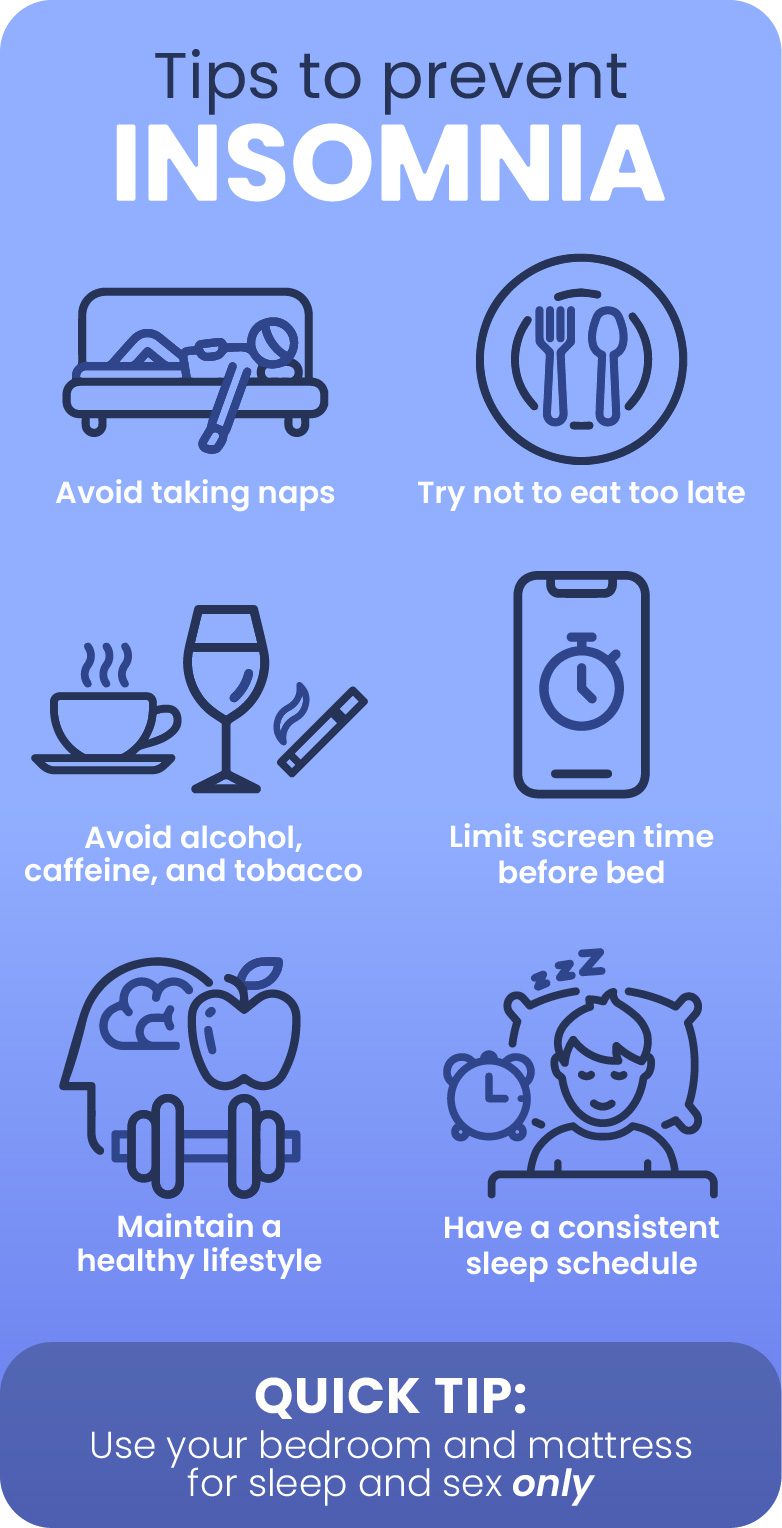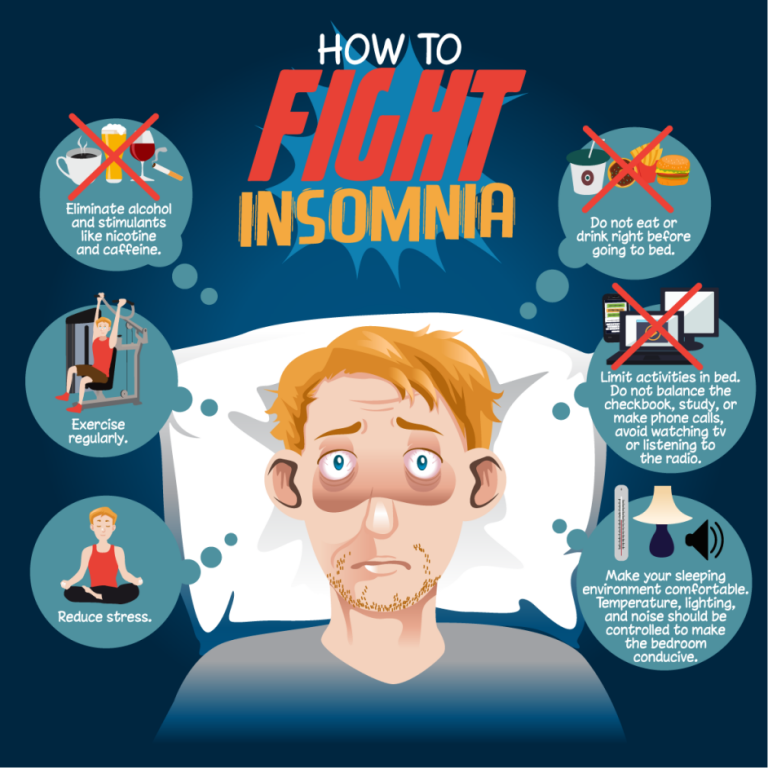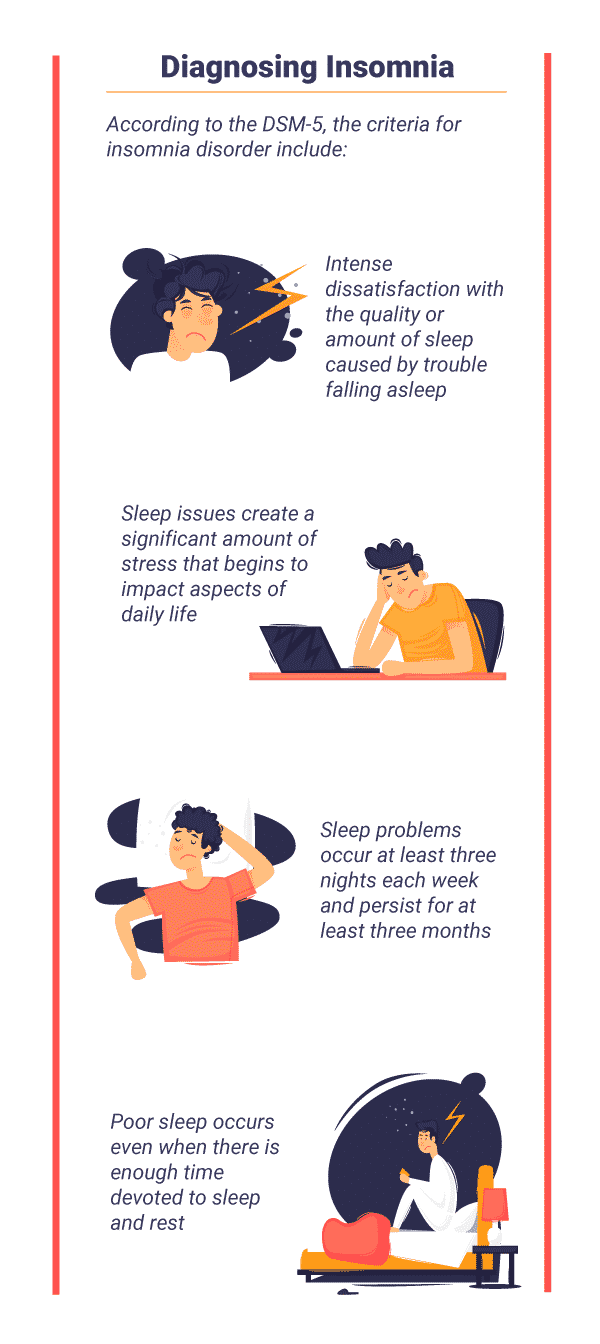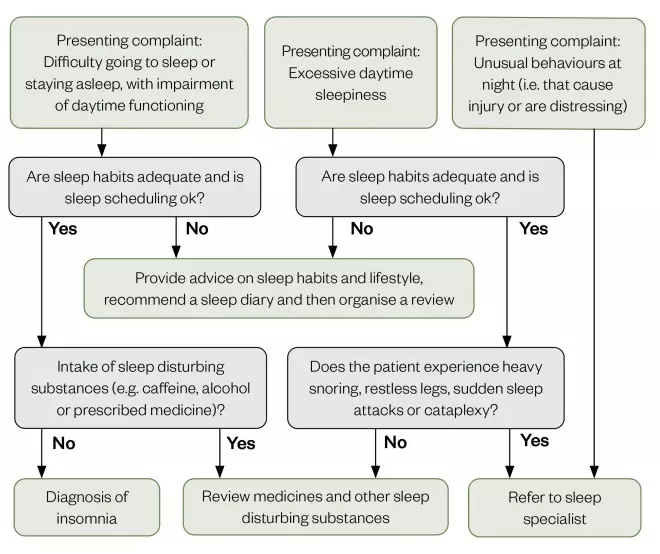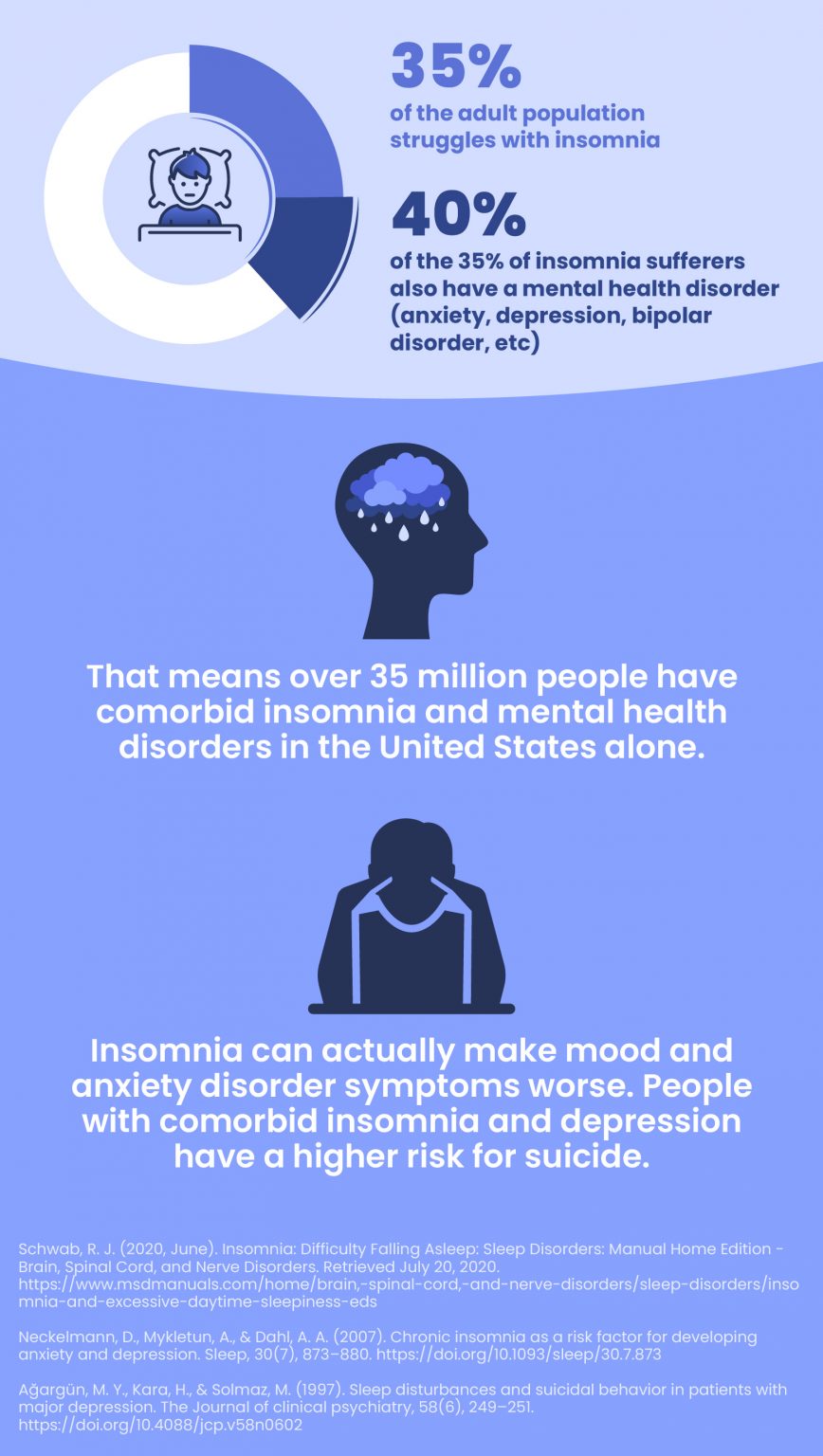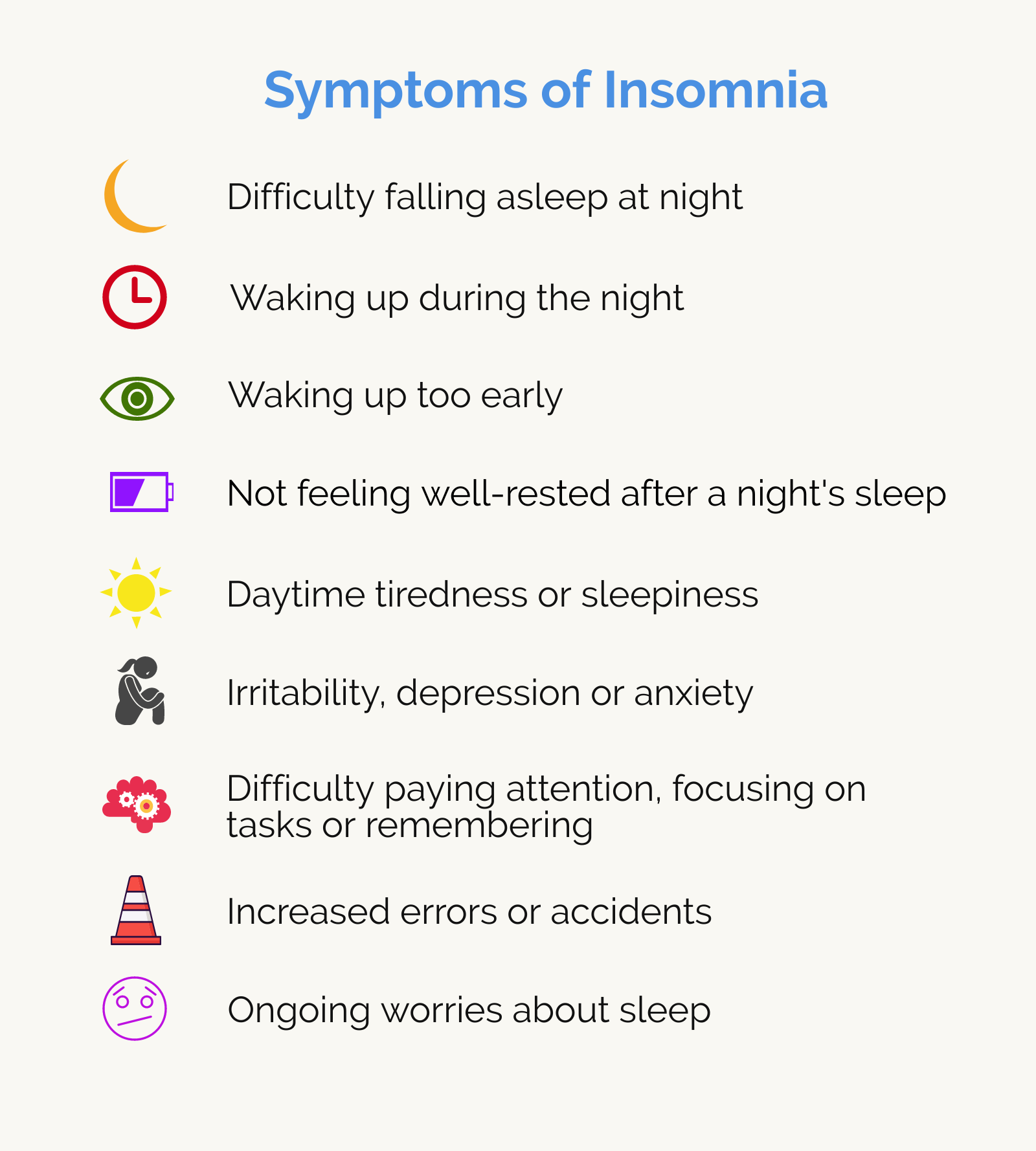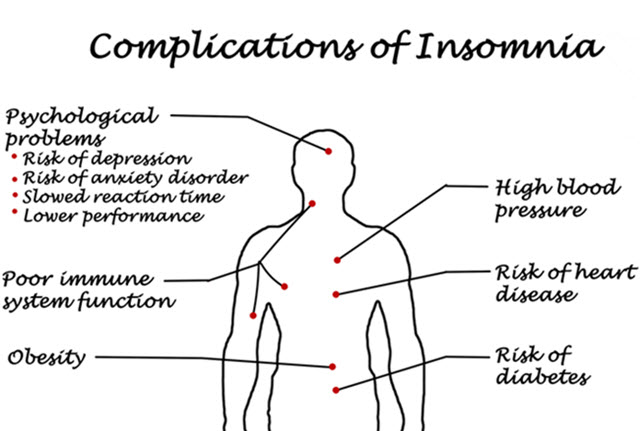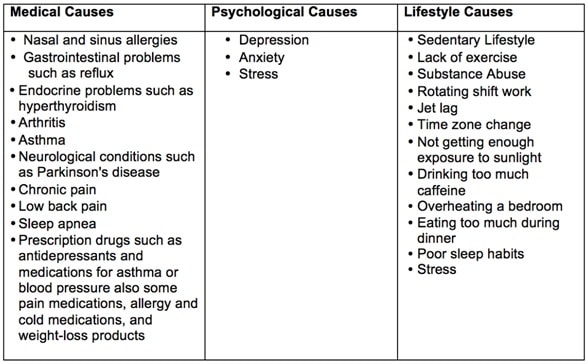Formidable Info About How To Diagnose Insomnia

In order for insomnia to be diagnosed, a doctor must be able to identify sleep disturbances that are accompanied by daytime fatigue and tiredness, irritability, concentration and focus issues,.
How to diagnose insomnia. The symptoms and signs of insomnia are trouble falling asleep, waking up during the night, the inability to fall back asleep, waking up too early, daytime fatigue, irritability,. Some medications, such as sedatives and. Common symptoms of sleep apnea.
Diagnosing insomnia although there is no single definitive test to diagnose insomnia, your healthcare provider can use a variety of methods to determine the cause and. Stressful life events can trigger sleep talking. You wake up during the night with a dry or a sore throat.
Multiple sleep latency tests measure how quickly you fall asleep during a series of daytime naps and use sensors to record your brain activity and eye movements. Your sleep history can show how long you sleep each night, how well you sleep, and whether. Sleep history sleep history is the first step in evaluation of primary insomnia, which provides the clinician with a structured.
The tools your doctor may use to diagnose insomnia include a sleep diary, questionnaires, and a physical exam. You may be diagnosed with insomnia if you have difficulty falling or staying asleep for at least 3 nights a week. Before any physician takes steps to piece together your sleep disturbances he or she or a nurse.
The mandatory assessment of insomnia includes the following. Wakefulness for days in the right environment for sleep is called insomnia. You could have sleep apnea if:
But, the occasional night of sleeplessness isn’t. You wake up from time to time gasping or. Actigraphy can help your doctor diagnose insomnia, sleep apnea, and other types of sleep disorders.
/what-is-insomnia-the-features-symptoms-and-causes-3014805-01-6d8b6d5d948945e68dd24a68c45ef795.png)
/multiple-sclerosis-and-insomnia-diagnosis-and-treatment-2440627_v2-869acf8f5f4049eb82dd679686f5adb4.png)
